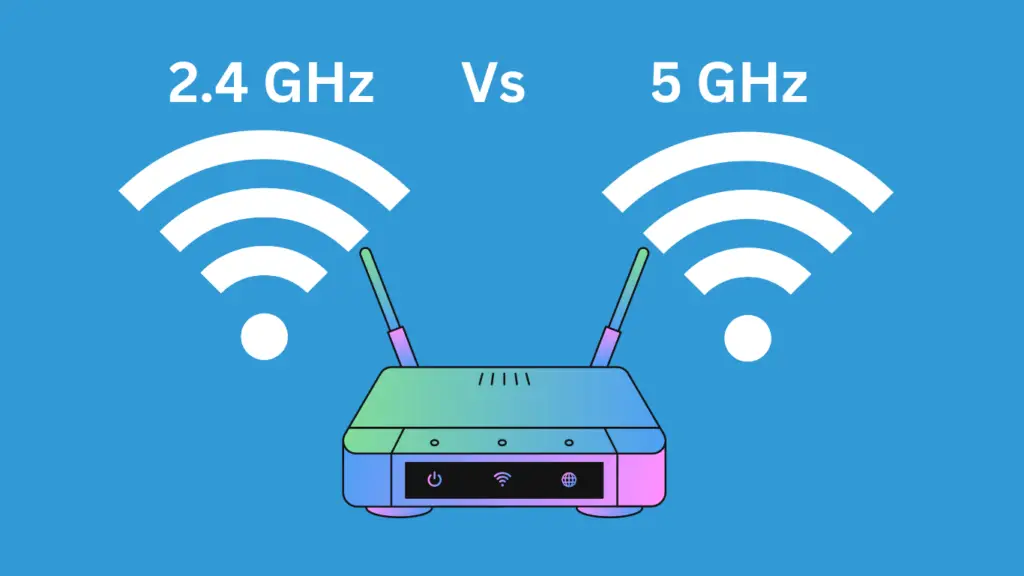1. Delete Temporary Files-
1. Go to Start
2. Now Press Windows Key + R.
3. Type %temp% hit enter.
4. Now select all files and delete them.
Some files may not be deleted because these are from currently running programs. Just skip them.
1. Go to Start
2. Run
3. Type “prefetch” without quote and hit enter; now select all the files and delete them.
Download from here4. Remove Softwares which are not required-
There may be different unwanted software that does not need to run, such as ad toolbar, desktop apps,
or other useless software just removes them.
Go to-
1. Start
2. Control Panel
3. Uninstall a Program and look for a toolbar like Babylon, funmoods, coupon, conduit, and maybe many more remove it from your computer.5. Disabling Startup Programs-
When the computer starts, several installed programs load at Startup, which slows down Windows turning on performance; it is better to remove startup items and be sure that some of the startup programs, like antivirus, need not be removed from Startup. To do so
Go to-
1. Start
2. Run
3. Type “msconfig” now navigate to Startup, uncheck all except antivirus,
4. Click apply, then ok.
6. Disk Cleanup-
Disk Cleanup is a Windows tool that removes unwanted files such as system logs, System errors memory dump, Archived error files, etc.
Go to
1. Open My Computer
2. Select C drive
3. Right-click then Properties
4. Click disk cleanup.
It will optimize your disk speed and performance.
7. Disk Defragmentation –
When we use a program on the computer, it loads in memory chunks created for program execution; when we close the program, these chunks remain and are called fragmented files. To delete these files, we have to defragment the disk.
1. Open My Computer.
2. Right-click the local disk volume that you want to defragment, and then click Properties.
3. On the Tools tab, click Defragment Now.
4. Click Defragment
8. Registry Cleaning and Defragmentation.
The Windows Registry is a hierarchical database that stores configuration settings and options; we must clean older settings and data.
2. Internet option click on Advanced
3. Reset
Removing Extensions from Google Chrome-
1. Go to Settings
2. Extension
3. Remove all the Extensions.
10. Update Drivers-
Some Driver needs to be updated for better performance. If there is any update available, install them.
1. Press Start
2. Go to Run
3. Type “devmgmt.msc” and hit Enter
4. Now, the device manager window will open
5. Expand the List
6. Select Driver > Right Click
7. Update Driver Software > Search automatically for updates.




